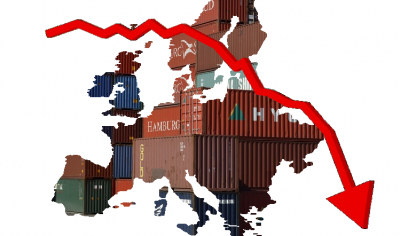Boosting productivity in food and drink is key to UK economic growth

Its latest Viewpoint report: Three productivity gaps for UK food and drink revealed a number of productivity ‘gaps’ facing the supply chain. It highlighted the weak national productivity growth, labour productivity and low productivity growth in food retail and eating out.
“This is not a new problem; productivity gains in the UK have been slow since the 2008-09 recession. However, other economies in Western Europe, which were also hit hard, have restored productivity growth, moving faster than the UK. This productivity gap suggests the UK faces particular challenges,” said James Walton, chief economist at IGD.
Unremarkable
“Compared to other developed food and drink markets in Western Europe, labour productivity in the UK supply chain is unremarkable. Food and drink supply chains in peer countries have seen better labour productivity gains over the last decade, leaving the UK behind. This has created a second productivity ‘gap’ and if nothing is done, the UK supply chain may continue to lose ground.”
The report revealed that productivity growth in the UK food and drink supply chain is lowest in retail and eating out. Resolving this third gap could allow the supply chain to deliver better value to consumers; especially vital in the current cost-of-living crisis, the report added.
Not a 'single issue'
Walton said that there is not “a single issue with a single solution.”
“Improved productivity in the UK food and drink supply chain is needed to address several of these business concerns. If this was achieved, consumers could benefit by seeing increased food security, because the UK would be less reliant on imports, and lower food prices by removing unnecessary business costs. The food and consumer goods industry would also be less vulnerable to labour challenges,” he added.















